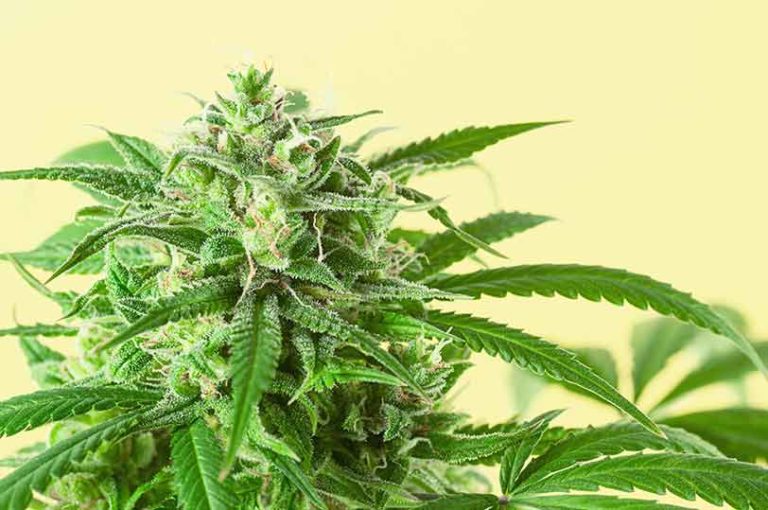
Colorado bans delta 8 from hemp extracts, stating that the THC isomers cannot be sold if they come from hemp.
On Friday, the Colorado health department said that “chemically modifying or converting any naturally occurring cannabinoids from industrial hemp is non-compliant with the statutory definition of ‘industrial hemp’ product.” This includes delta 8, delta 9, and delta 10.
Any process that converts an industrial hemp cannabinoid, like CBD isolate, into delta 8, 9, or 10 will be considered non-compliant with the laws.
Since the 2018 Farm Bill, THC isomers derived from hemp extracts like CBD have flooded the cannabis market. However, the health department cited uncertainty surrounding how manufacturers make the isomer.
“Insufficient evidence exists to determine whether or not any toxic or otherwise harmful substances are produced during these reactions and may remain in the regulated industrial hemp products ingested or applied/used by consumers.” Consequently, these THC isomers are not allowed in food, dietary supplements, or cosmetics.
Proponents of delta 8 and 10 products argue that the products are legal because of the Farm Bill legalizing hemp extracts.
Despite the Farm Bill, the U.S. Drug Enforcement Administration disagrees. They say that because manufacturers produce delta 8 from hemp-derived CBD and not directly from hemp plant extracts, delta 8 falls in the category of a controlled substance.
Courts have yet to decide if the manufacturing process breaks with the Farm Bill. However, the Hemp Industries Association and a South Carolina hemp manufacturer are currently challenging this rule in Washington DC.
Why Did Colorado Ban Delta 8?
Despite Colorado having a legal market for recreational marijuana, the Health Department has banned hemp-derived delta 8 products. There are a few reasons for this decision.
Colorado has always been a massive leader in U.S. cannabis legalization. They legalized recreational cannabis in 2012 through a ballot measure. They became one of the first states to do so, along with Washington.
Why would they ban a naturally occurring isomer of hemp? To provide an answer as to “why” they would ban delta 8, it is essential to go back to the definition of ‘synthetic.’ Colorado did not outright ban delta 8 THC. They did, however, ban hemp-derived isomers from being in foods, drinks, dietary supplements, and cosmetic products.
Licensed vendors can still sell CBD and other natural cannabinoids if extracted directly from hemp plants or “natural extracts.” However, the Colorado Health Department clarified that if the products are synthetic or produced through a chemical process, it is non-compliant.
The health department says that it does not matter if something occurs naturally; if they cannot verify that the processing is safe, then the manufacturer cannot sell the product.
To sum all this up, Colorado banned hemp-derived delta 8 due to some safety concerns and protecting the more significant marijuana industry.
Will We See Delta 8 in Pharma?
Despite the restrictions, delta 8 can still find a market in cannabis-based pharmaceuticals.
“It activates CB1 and other receptors and has therapeutic effects for sure,” said leading Israeli cannabis researcher Dedi Meiri.
Meiri said researchers in his lab have been studying delta 8 intensely for the past three months. He described it as “a very potent cannabinoid” with psychoactive effects that are different from delta 9.
Regardless of states banning hemp-derived delta 8, research continues. For example, cannabis researchers at the Israeli Institute of Technology see delta 8 as having a future in pharma. Shortly it is possible to see pharmaceutical companies putting out delta 8 products if research continues down that path.
Make sure to check back for more cannabis and hemp related news.